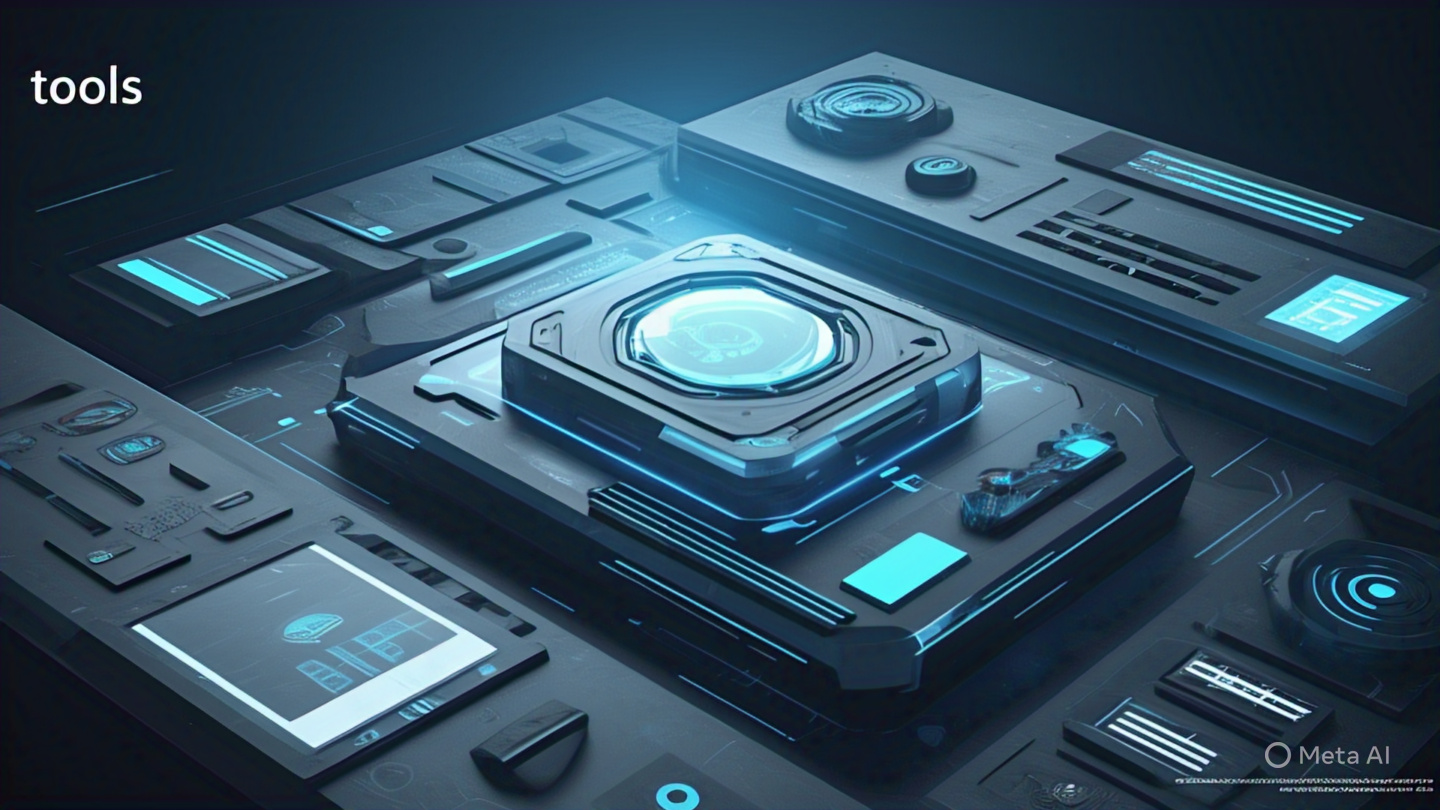
Exploring Quantum Computing: 8 Free Online Tools for Simulating Quantum Algorithms
In the fascinating world of quantum computing, simulation plays a crucial role. It allows developers, researchers, and enthusiasts to understand and experiment with quantum algorithms without needing physical access to a quantum computer. Fortunately, numerous free online tools are available to simulate quantum algorithms. This article will explore eight of these valuable resources.
1. IBM Quantum Experience
IBM Quantum Experience is a cloud-based platform that offers access to quantum processors, simulators, and educational resources. It’s an excellent tool for both beginners and experienced quantum computing enthusiasts.
With IBM Quantum Experience, you can write, execute, and visualize quantum algorithms using Qiskit, an open-source quantum computing framework developed by IBM.
2. Quirk
Quirk is a drag-and-drop quantum circuit simulator that runs in your web browser. It provides an intuitive and interactive way to experiment with quantum circuits.
Quirk’s main strength is its simplicity and ease of use, making it a perfect starting point for beginners. Despite its simplicity, Quirk is still powerful enough for complex simulations.
3. Microsoft Quantum Development Kit
Microsoft Quantum Development Kit is a comprehensive suite of quantum programming tools. It includes Q#, a quantum computing programming language, and a quantum simulator.
The simulator can run locally or on Azure, Microsoft’s cloud platform. With this development kit, you can simulate quantum algorithms with up to 30 qubits.
4. Quantum Computing Playground
Quantum Computing Playground is a browser-based quantum simulator that uses WebGL for fast quantum state visualization. It supports quantum circuits up to 22 qubits, includes a variety of quantum gates, and features a debugger.
This tool also supports the scripting language QuantumScript, which simplifies the coding of quantum algorithms.
5. Google Quantum Computing Playground
Google’s Quantum Computing Playground is a WebGL-based quantum computer simulator. It’s capable of simulating up to 22 qubits, includes a variety of quantum gates, and features a debugger.
It also supports Quantum Script, a scripting language for quantum algorithms.
6. Quantastica Quantum Composer and Simulator
Quantastica’s Quantum Composer is a visual editor for creating quantum circuits, while the Quantum Simulator allows you to test and debug your quantum algorithms.
These tools are part of Quantastica’s software suite, which also includes a quantum algorithm library and a quantum machine learning library.
7. Qubit Workbench
Qubit Workbench is a web-based quantum computing simulator that supports up to 10 qubits. It offers a quantum circuit editor, a set of quantum gates, and the ability to execute and visualize quantum circuits.
Qubit Workbench also includes a tutorial mode, which is highly useful for beginners just starting out in quantum computing.
8. Q# Development Kit
The Q# Development Kit is a product of Microsoft’s Quantum Development Kit. It provides a high-level quantum-focused programming language, integrated development environment (IDE) plugins, and a rich set of libraries.
It also includes a local quantum machine simulator and a resource estimator for analyzing quantum programs.
Conclusion
Simulating quantum algorithms online is an accessible way to explore the world of quantum computing. From IBM’s Quantum Experience to Microsoft’s Quantum Development Kit, these free tools offer a wide range of features to help you understand, create, and simulate quantum algorithms. Whether you’re a beginner or an experienced quantum computing enthusiast, these tools provide a valuable resource for your quantum computing journey.
